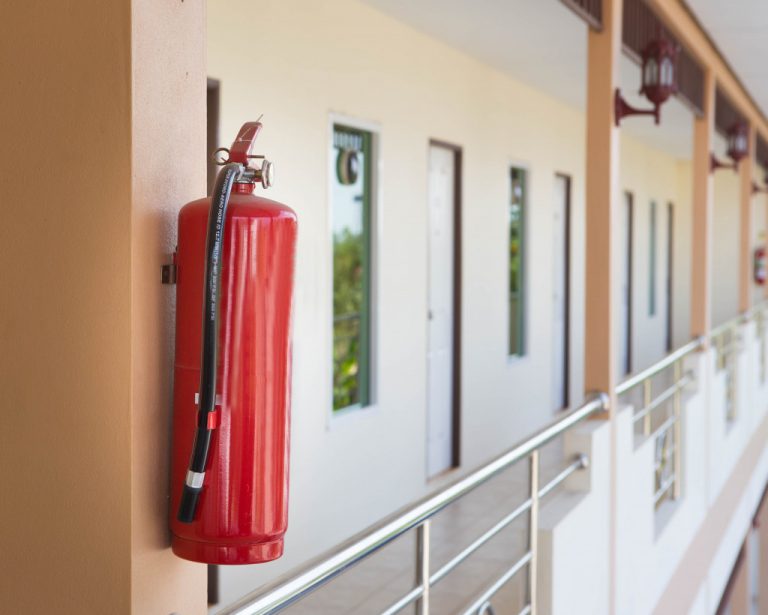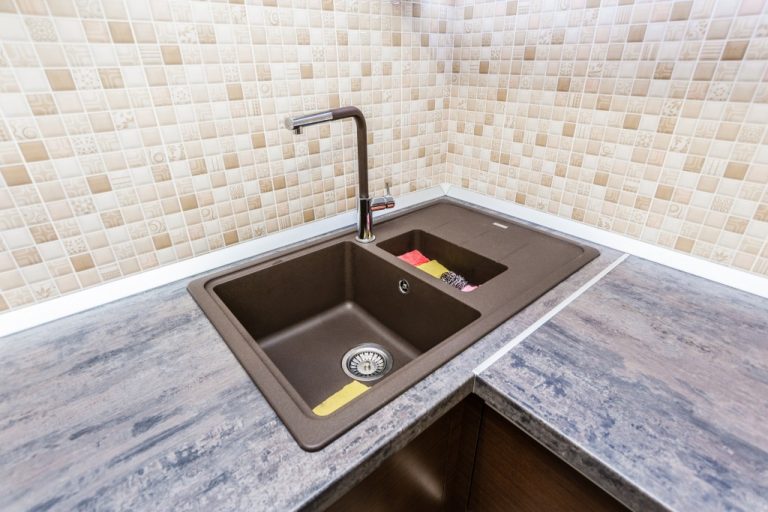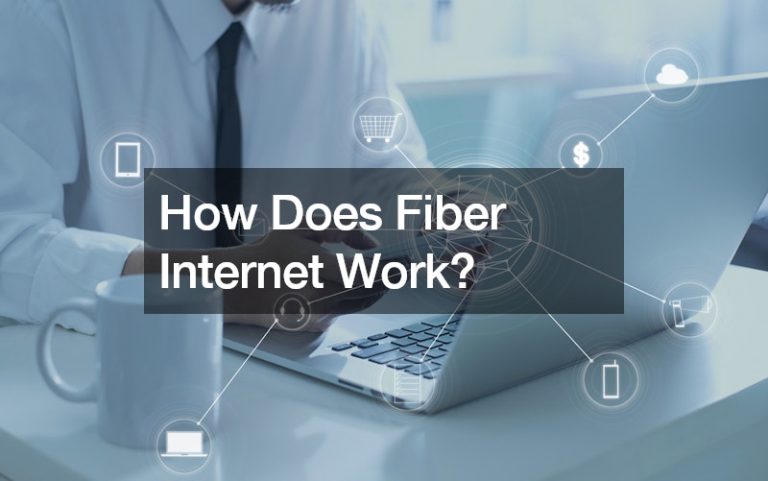Before any entrepreneur decides to start their own perfume business, there are 5 essential factors they must consider. This includes understanding the market, manufacturing process, packaging, promotion, and finances. Keep reading to learn more about what it takes to get started in the perfume industry.
Understanding the Market
Before venturing into the perfume business, it is crucial to understand the market. The global perfume market was valued at $33.81 billion in 2019 and is expected to reach $37.14 billion by 2025, growing at a CAGR of 1.8%. The market is driven by increased discretionary spending, a growing focus on personal care and grooming, and the launch of new products. However, the high cost of raw materials and stringent regulations are expected to restraint market growth.
The perfume market can be segmented into mass-market, luxury, and niche fragrances. Mass-market fragrances account for the largest share of the market, followed by luxury fragrances. The mass-market segment is further divided into men’s fragrances, women’s fragrances, unisex fragrances, kid’s fragrances, and others. The luxury segment is further classified into men’s fragrances, women’s fragrances, unisex fragrances, and others. The niche segment is expected to grow at the highest CAGR during the forecast period.
The Manufacturing Process
Extracting essential oils is the first step in creating a perfume. The most common extraction method is steam distillation, which involves passing steam through the plant material to release the desired oils. These oils are then collected and concentrated on creating an “absolute.” Another method of extraction is solvent extraction, which uses chemicals to extract the oils from plant material. This method is typically used for delicate flowers that cannot withstand the heat of steam distillation.
Once the essential oils have been extracted, they must be blended together to create the desired fragrance. Perfumers use various tools to achieve the perfect balance of notes, including measuring instruments, beakers, and test tubes. The final step in creating a perfume is packaging the product in an attractive bottle or container. This is often done by hand, using a syringe or pump to fill small bottles with perfume. With these steps in mind, entrepreneurs can develop their own perfumes.
Packaging
Your next step will be to choose how you want to package your product. This includes everything from the type of bottle to the box it will come in. Again, keeping your target market in mind when making these decisions is essential. Many perfume companies prefer plastic bottles because plastic is cheaper and lighter than glass, making it easier to transport. In this case, you need to work with a wholesale plastic bottle supplier to purchase plastic bottles in bulk at a lower cost. Remember, your packaging is the first thing customers will see, so it’s essential to make sure it looks attractive and eye-catching.
Promotion

The most successful businesses clearly understand their target market and know how to reach them effectively. There are several ways to promote a perfume business, from traditional advertising methods like print and television ads to more modern approaches like social media marketing and influencer partnerships. It’s essential to experiment with different strategies and find what works best for your brand. There’s no reason not to get creative with your promotions with so many options available.
Whatever method you choose, remember that perfume promotion is about creating a positive association with your brand. The goal is to make potential customers think of your company when they think of fragrance, so focus on creating an emotional connection with your audience. If you can do that, you’ll be well on your way to building a successful perfume business.
Finances
Before getting started, it is crucial to know the potential financial pitfalls. One of the first things to consider is the cost of raw materials. Perfume ingredients are often expensive, and the price can fluctuate significantly depending on supply and demand. It is also essential to factor in the cost of packaging, labeling, and shipping. These expenses can add up quickly, so it is important to have a clear understanding of your budget before making any commitments.
In addition, it is worth considering the price point of your products. If you set your prices too high, you may struggle to find customers; if you set them too low, you may not be able to make a profit. Finding the right balance is essential for success in the perfume business.
Final thoughts
There are the essential factors every entrepreneur must take into account before starting their own perfume business: understanding the market; choosing between synthetic and natural production methods; designing attractive packaging; promoting their product; and having a strong financial plan in place. Keep these things in mind as you begin your journey into the wonderful world of fragrance!












